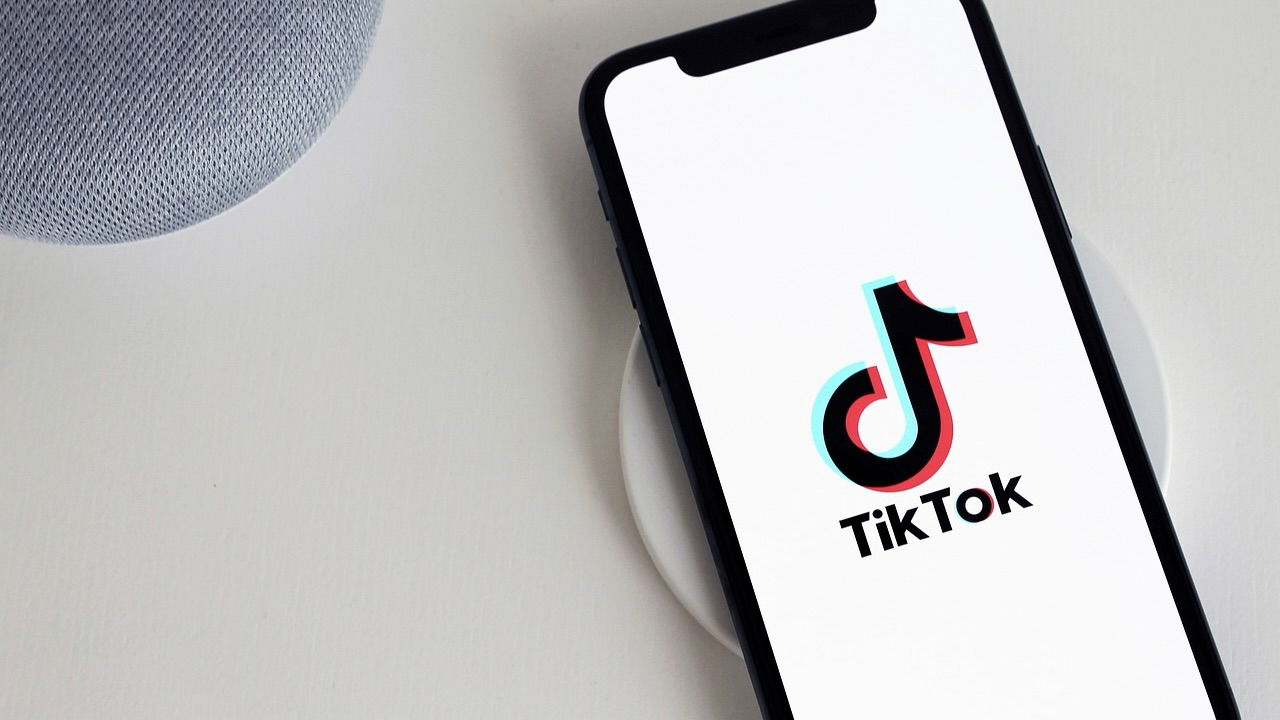
Think Twice About Taking Health Advice from TikTok — Everyone Thinks They Have ADHD
By Movieguide® Contributor
A recent study discovered that misinformation about ADHD abounds on TikTok and Instagram.
This comes as recent discussions around the disorder have raised whether it’s overdiagnosed and overmedicated. In the UK, prescription drugs for ADHD jumped by 18% year-on-year since COVID-19 hit.
As many young people have come forward claiming they think they have ADHD, Vasileia Karasavva, a co-author of the research and a PhD student at the University of British Columbia, says it points to a lack of resources, so people are turning to social media and taking in information from content creators whose advice is medically inaccurate.
“I don’t think there’s anything more human than trying to understand your own experiences and your own self and how you feel,” Karasavva said. “And I think what we’re tapping into is people struggling, but then not having access to places that they can get good support and help. And so they have to rely on themselves. They have to rely on whatever is easily available to them, and that’s social media.”
In the study, two experienced clinical psychologists examined 100 social media videos with the hashtag #ADHD.
The psychologist found that 68% of the claims described in the videos were not symptoms of ADHD but “normal human experience.”
The second part of the study asked 843 candidates — some who were formally diagnosed with ADHD, some self-diagnosed and some who didn’t have ADHD — to rate the videos according to what they thought was accurate information and what they would recommend to others. They rated the accurate videos significantly lower and the less accurate videos higher significantly than the psychologists did.
Karasavva also noted, “People who consumed more also felt worse about their own symptoms. They thought they were worse and harder to cope with.”
Most of the videos’ creators (83%) said they use their own experience as the basis of their content. Half of the creators advertised a service or product relating to ADHD.
Related: TikTok Is Giving the Users Yet Another Diagnosis
“While some of these product requests may be legitimate, I think it also raises some important questions about how ADHD has been commercialized online, on social media, and we also have to question if viewers are getting reliable and science-backed information,” Karasavva said, “or [if] they are just being seen as potential customers, encouraged to buy things that might not actually help them.”
Don T. Galbadage, PhD, MPH, an associate professor at Texas Christian University, said, “How can we help empower our consumers to know what is good content [and] what is reliable content? This study helps show there is a disconnect between good information versus more popular information.”
Rather than taking advice from content creators, Galbadage advises that people curious about their health need to go to trusted sources like Centers for Disease Control and Prevention and the National Institute of Mental Health.
Read Next: You May Be Harming Your Child’s Mental Health



 - Content:
- Content: 

